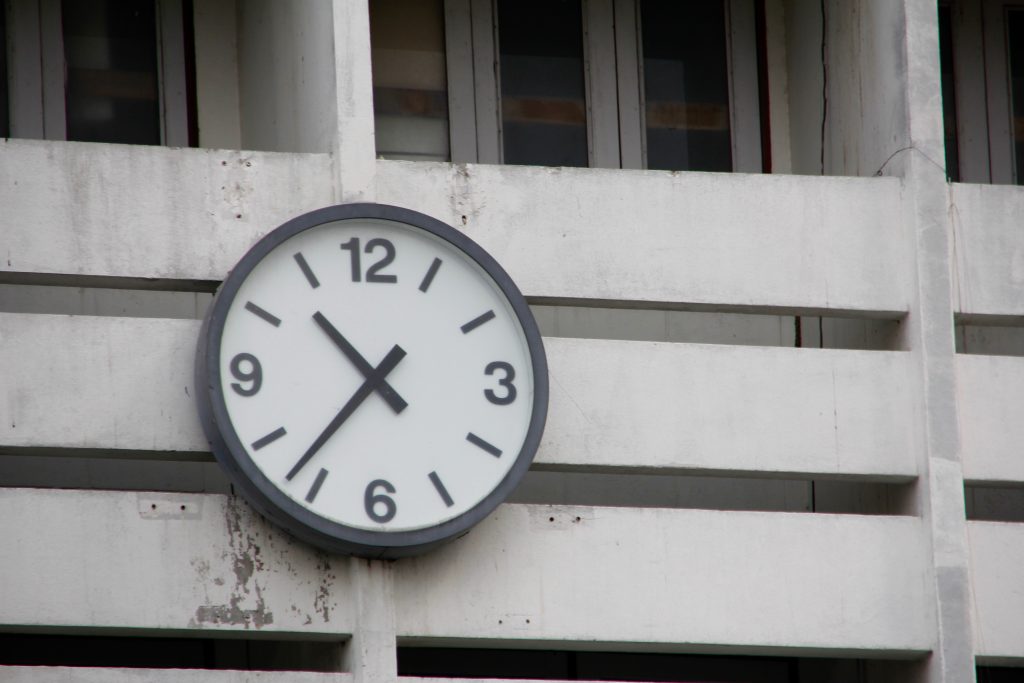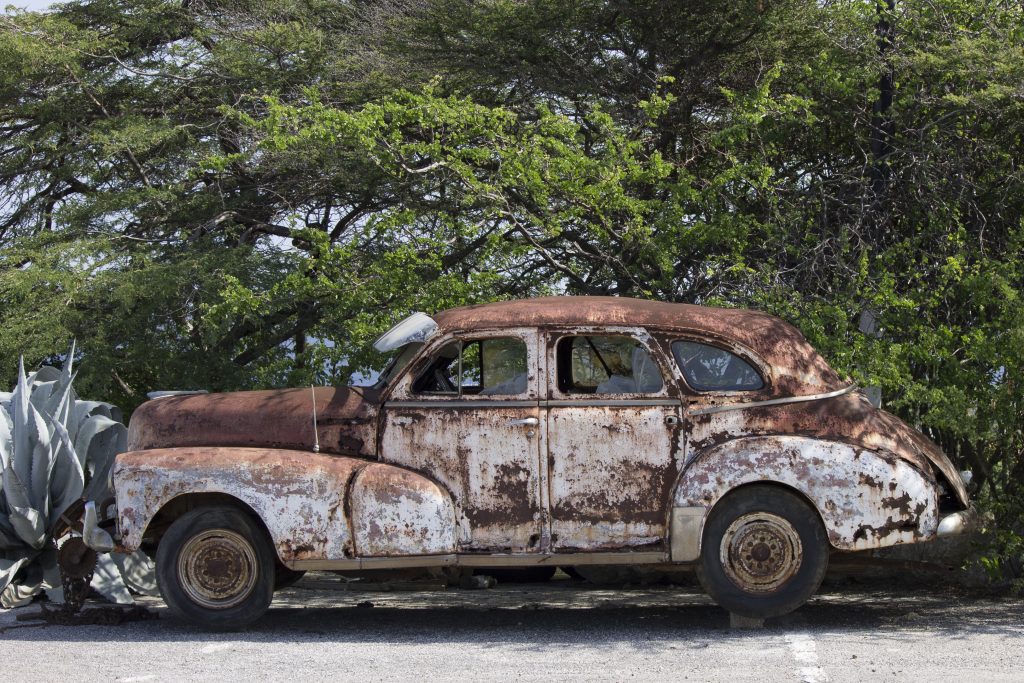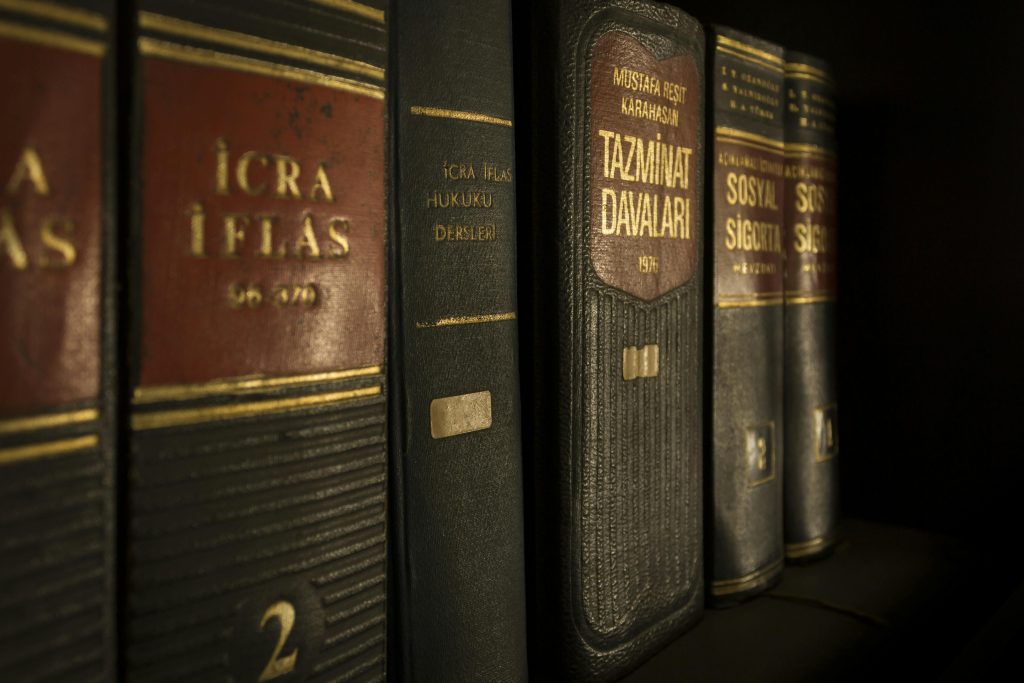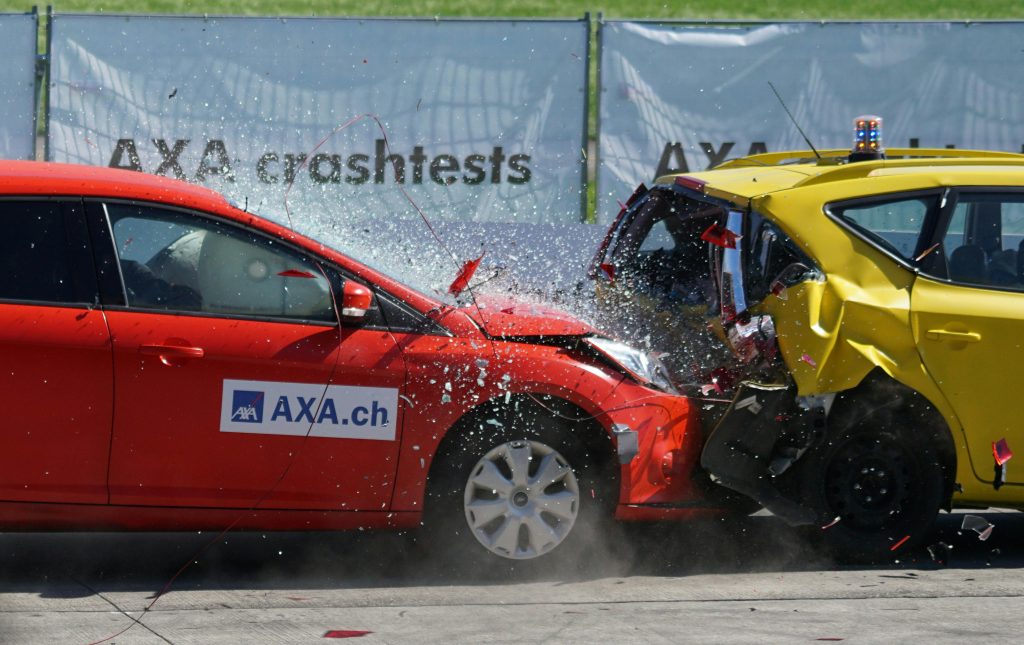 In the realm of personal injury law, a recent Louisiana Court of Appeal case has highlighted the potential pitfalls of multiple lawsuits arising from the same accident. The case, Wicker v. Louisiana Farm Bureau Casualty Insurance Company, et al., involved a car accident where the plaintiff, Joy Wicker, initially filed a suit through her insurer, State Farm, followed by a separate personal injury lawsuit. The defendants tried to dismiss the second suit based on the doctrine of res judicata, but the Court of Appeal overturned the trial court’s decision, emphasizing the distinct nature of the two claims.
In the realm of personal injury law, a recent Louisiana Court of Appeal case has highlighted the potential pitfalls of multiple lawsuits arising from the same accident. The case, Wicker v. Louisiana Farm Bureau Casualty Insurance Company, et al., involved a car accident where the plaintiff, Joy Wicker, initially filed a suit through her insurer, State Farm, followed by a separate personal injury lawsuit. The defendants tried to dismiss the second suit based on the doctrine of res judicata, but the Court of Appeal overturned the trial court’s decision, emphasizing the distinct nature of the two claims.
In 2015, Joy Wicker was involved in a car accident with Cathy Craddock. State Farm, Wicker’s insurer, filed a lawsuit in City Court against Craddock and her insurer, Louisiana Farm Bureau, seeking reimbursement for property damage, rental car payments, and medical payments made to Wicker.
Subsequently, Wicker filed a separate lawsuit in the 19th Judicial District Court, seeking damages for her personal injuries from the same accident.
 This case examines the requirements for proving merchant liability in slip and fall cases, emphasizing the importance of evidence and the burden of proof.
This case examines the requirements for proving merchant liability in slip and fall cases, emphasizing the importance of evidence and the burden of proof. Louisiana Personal Injury Lawyer Blog
Louisiana Personal Injury Lawyer Blog


 The
The  The following case explores the concept of “permissive use” in the context of uninsured/underinsured motorist (UM) insurance coverage. Specifically, it examines whether a son, given a company truck for work and personal use, had the authority to grant his father permission to drive the vehicle, thereby extending UM coverage to the father under the company’s policy.
The following case explores the concept of “permissive use” in the context of uninsured/underinsured motorist (UM) insurance coverage. Specifically, it examines whether a son, given a company truck for work and personal use, had the authority to grant his father permission to drive the vehicle, thereby extending UM coverage to the father under the company’s policy. In a recent decision, the
In a recent decision, the  In a recent decision, the Louisiana Court of Appeal reversed a summary judgment granted in favor of attorneys in a legal malpractice lawsuit. The case, highlights the critical distinction between contractual and delictual claims in insurance disputes and the potential impact on the applicable statute of limitations.
In a recent decision, the Louisiana Court of Appeal reversed a summary judgment granted in favor of attorneys in a legal malpractice lawsuit. The case, highlights the critical distinction between contractual and delictual claims in insurance disputes and the potential impact on the applicable statute of limitations. In the realm of personal injury law, a recent Louisiana Court of Appeal case has highlighted the potential pitfalls of multiple lawsuits arising from the same accident. The case, Wicker v. Louisiana Farm Bureau Casualty Insurance Company, et al., involved a car accident where the plaintiff, Joy Wicker, initially filed a suit through her insurer, State Farm, followed by a separate personal injury lawsuit. The defendants tried to dismiss the second suit based on the doctrine of res judicata, but the Court of Appeal overturned the trial court’s decision, emphasizing the distinct nature of the two claims.
In the realm of personal injury law, a recent Louisiana Court of Appeal case has highlighted the potential pitfalls of multiple lawsuits arising from the same accident. The case, Wicker v. Louisiana Farm Bureau Casualty Insurance Company, et al., involved a car accident where the plaintiff, Joy Wicker, initially filed a suit through her insurer, State Farm, followed by a separate personal injury lawsuit. The defendants tried to dismiss the second suit based on the doctrine of res judicata, but the Court of Appeal overturned the trial court’s decision, emphasizing the distinct nature of the two claims. In the realm of legal malpractice, the timing of filing a lawsuit is critical. A recent Louisiana Court of Appeal decision, Wells v. Henry T. Dart, Attorneys at Law, APC, underscored this point, highlighting the one-year peremptive period for bringing such claims in the state. Let’s dissect this case and understand the implications for those considering legal action against their attorneys.
In the realm of legal malpractice, the timing of filing a lawsuit is critical. A recent Louisiana Court of Appeal decision, Wells v. Henry T. Dart, Attorneys at Law, APC, underscored this point, highlighting the one-year peremptive period for bringing such claims in the state. Let’s dissect this case and understand the implications for those considering legal action against their attorneys. A recent Louisiana Court of Appeal case sheds light on the complexities of personal injury claims following car accidents, particularly when pre-existing conditions are involved. In the case of Lewis v. Fowler, the plaintiffs were involved in a minor accident and subsequently claimed significant damages for aggravated chronic pain. However, the court ultimately ruled that their pre-existing conditions were not substantially worsened by the accident and that they had been adequately compensated by the initial settlement from the at-fault driver’s insurance. This decision highlights the importance of establishing a clear causal link between the accident and any claimed aggravation of pre-existing conditions and the challenges plaintiffs face in proving damages when their medical history is complex.
A recent Louisiana Court of Appeal case sheds light on the complexities of personal injury claims following car accidents, particularly when pre-existing conditions are involved. In the case of Lewis v. Fowler, the plaintiffs were involved in a minor accident and subsequently claimed significant damages for aggravated chronic pain. However, the court ultimately ruled that their pre-existing conditions were not substantially worsened by the accident and that they had been adequately compensated by the initial settlement from the at-fault driver’s insurance. This decision highlights the importance of establishing a clear causal link between the accident and any claimed aggravation of pre-existing conditions and the challenges plaintiffs face in proving damages when their medical history is complex. A recent Louisiana Court of Appeal decision underscores the importance of insurance agents fulfilling their duties with reasonable diligence and care. In
A recent Louisiana Court of Appeal decision underscores the importance of insurance agents fulfilling their duties with reasonable diligence and care. In  When an employee suffers a work injury, it may result in negative consequences for the employee’s health. While Louisiana’s workers’ compensation laws allow the employee to recover damages for these future health complications, this has its limits. The employee must prove that this future negative consequence was related to the initial injury at work. This ensures that employees who are rightfully harmed are compensated while also protecting businesses from having to pay for every future medical problem the employee has.
When an employee suffers a work injury, it may result in negative consequences for the employee’s health. While Louisiana’s workers’ compensation laws allow the employee to recover damages for these future health complications, this has its limits. The employee must prove that this future negative consequence was related to the initial injury at work. This ensures that employees who are rightfully harmed are compensated while also protecting businesses from having to pay for every future medical problem the employee has.